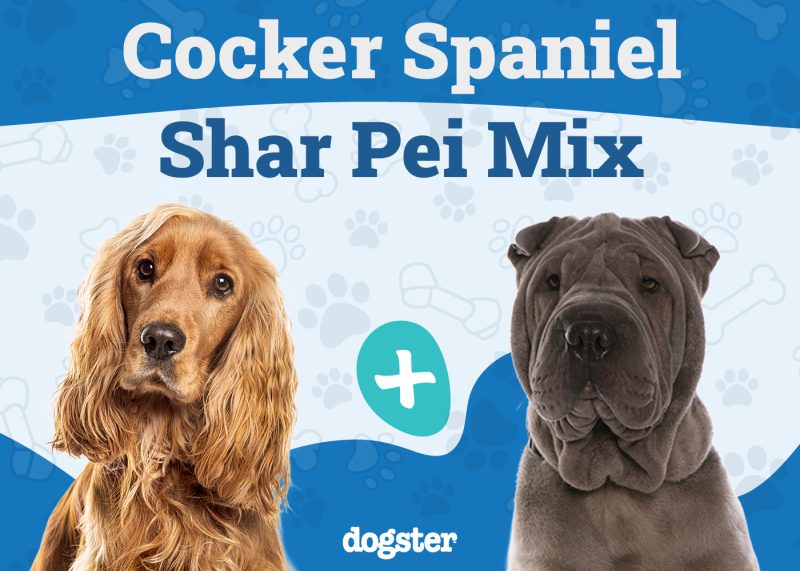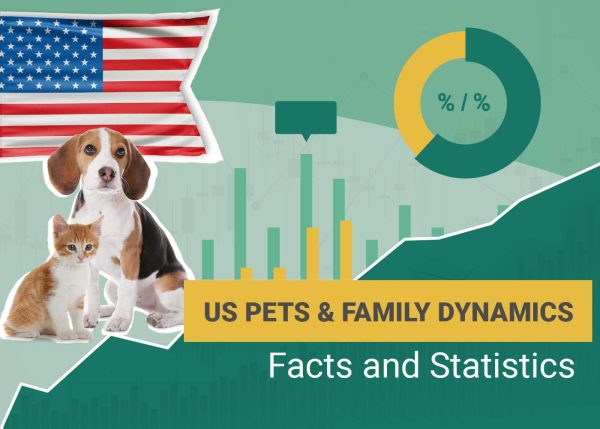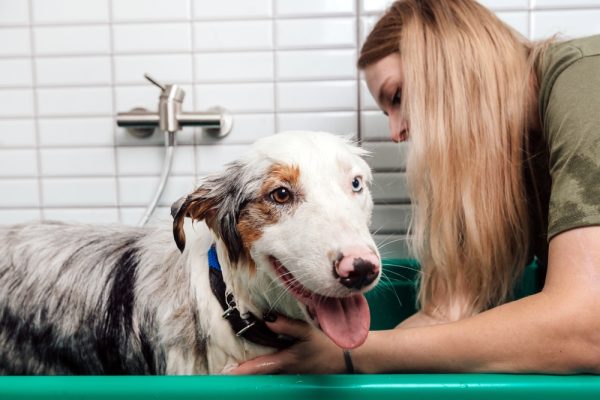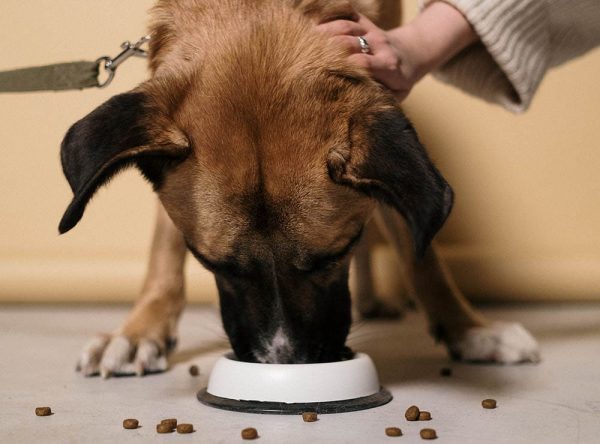In this article
When you stop to really think about it, it may seem like a no-brainer that puppies would need different food from our adult dogs. After all, we feed infants baby food. However, it really isn’t that clear to a lot of pet owners, and it’s through no fault of their own, as this information is not taught to us and needs to be researched in most cases. But the fact is that puppy food serves a valuable purpose for many health reasons, as dogs at this age have different nutritional needs than adult dogs.
The main reasons that puppies need specific food for their age is for their growth and development. Puppies need the right amount of calories and in the correct proportions to support their little bodies during this time. However, it is more nuanced than that simple statement would imply. Several factors play a significant role.

Puppy vs. Adult Dog Food and Its Various Nutritional Parameters
1. Proteins, Fats, and Calories
Some differences between puppy and adult dog foods are evident when you look at the recommended percentages of various nutrients. For example, young animals need a minimum of 22.5% protein and 8.5% fat.1 The former provides the building blocks for growth and development, while the latter gives the puppy the necessary energy. These figures change as the dog ages.
Adults should get at least 18.0% protein and 5.5% fat. These dogs don’t need as much protein since growth has slowed. A lower-fat diet can be helpful in adults to prevent excessive calorie intake and obesity. More than 50% of pet dogs are overweight or obese nationwide.2 That is also why you shouldn’t give an adult dog puppy food, as it contains more calories than food formulated for adults.
Other factors affect what you should give your pet. Obesity is a greater risk for spayed or neutered pets. The dog’s activity level can also affect how much you should feed your pup. Some manufacturers add this parameter to their feeding guidance to help you fine-tune your pet’s intake, in other cases, you will have to make adjustments based on their body condition score.3

2. Vitamins and Minerals
Puppies also require minerals like calcium and phosphorus for their skeletal development, while sodium and chloride are needed for heart and muscle function. So, generally speaking, puppies need more calcium than adult dogs, but this must be carefully ratioed with phosphorus. Large-breed dogs can also be more sensitive to excess calcium, as skeletal growth should be moderated for healthy joint development. This means that large-breed puppy food may be more beneficial than generic puppy food for these breeds.
When it comes to vitamins, there aren’t any major differences between puppy and adult foods. A healthy dog should be getting all the vitamins they need through a complete and balanced diet.
3. Skeletal Maturity and Nutrition
Another factor to consider is when the dog reaches skeletal maturity. Remember that the primary purpose of a young animal’s diet is to support development at the puppy stage. This requirement changes once the pup’s growth plates have closed. The dog is more-or-less at their adult size, although they can—and will—fill out after the growth plates fuse. The age when skeletal maturity occurs varies with the size and breed of the canine. That affects how long you should give a puppy their food.
Small breeds mature quicker than giant dogs, like Great Danes and Irish Wolfhounds. While a Chihuahua reaches this milestone around 9 months old, it may take a Scottish Deerhound almost 2 years.


Dog Food and the Role of the AAFCO and FDA
The FDA regulates pet food based on guidance from the Association of American Feed Control Officials (AAFCO). Their joint goal is the safety of these products for the welfare of the animals, with “complete and balanced” foods. They must supply everything pets need in the correct proportions. The AAFCO also recognizes the animal’s life stage.
- Gestation-lactation
- Growth
- Maintenance
- All life stages
The growth stage covers puppies, whereas maintenance is for adult dogs. The term “all life stages” refers to products that satisfy canine nutritional needs no matter their age. These foods meet the varying requirements with specific feeding instructions that account for these differences. The latter is a matter of convenience. It also reduces the risk of digestive upset when you must change your pet’s diet. However, all of these terms can be a bit confusing, so it’s really best to seek a vet’s advice and ask about what they recommend for your specific dog based on their size, age, breed, and overall health.
If you need to speak with a vet but can't get to one, head over to PangoVet. It's our online service where you can talk to a vet online and get the personalized advice you need for your pet — all at an affordable price!


Final Thoughts
Manufacturers formulate puppy foods to meet the specific nutritional needs of these young animals. These products help them reach their growth and development potential. They also are a vital way to support your pet’s health as they age. Adult dog foods aren’t bad or inferior. They serve their purpose well. The difference is that puppies need more of the good stuff until they reach skeletal maturity.
Featured Image Credit: 279photo Studio, Shutterstock




















